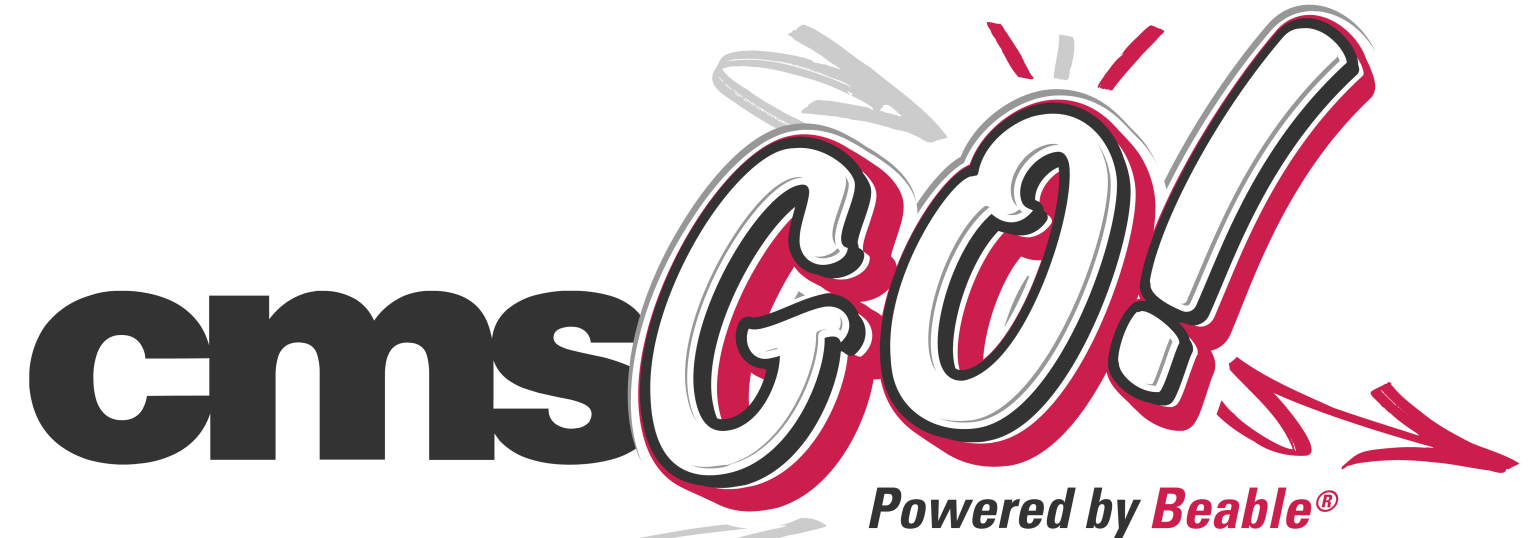1. Vui lòng đọc kỹ bài viết dưới đây.
2. Hãy sử dụng những câu hỏi ở cuối bài viết để thảo luận với con bạn. Bấm vào đây
A pharmacist helps a customer understand his medication. Pharmacists must be accurate in their work and follow set procedures. These are characteristics of a Conventional RIASEC career.
Do you enjoy working with numbers, data, and other information? Are you well organized and good at following instructions?
If so, you might find yourself on a calculated path toward an occupation in the Conventional RIASEC theme.
How do you know if you would enjoy a conventional career?
Start by measuring your strengths, interests, and values. People who enjoy conventional types of work value accuracy and precision. Attention to detail is kind of their thing. If that sounds like you, a career in the Conventional theme may just start to add up. Most people who do well in conventional careers like to work through tasks in a systematic way, with a clear method, formula, or approach. They tend to be both persistent and practical.
What fields offer conventional jobs?
Many fields include jobs that are conventional. Medicine, law, business, and science careers emphasize being organized and following clearly defined procedures. A pharmacist, for example, exemplifies conventional characteristics by providing patients with doctor-prescribed medications and sharing important information about how to use them. These conventional chemists have to be organized and follow rules to make sure people not only get the correct medicine but in the right dosage.
If you can’t envision yourself working in a pharmacy, other conventional options abound. Accountants, insurance claims clerks, office assistants, loan officers, medical records technicians, dental assistants, and emergency dispatchers all have occupations that fall within the Conventional RIASEC theme.
Có cách nào để chuẩn bị cho những nghề nghiệp này bây giờ không?
If these types of jobs sound interesting to you, your conventional nature has likely already led you into prep mode. Think about how you currently work as a student. When you work with numbers in your math class, you’re developing the skills to do well in accounting or finance careers. When you come up with your own coded system for keeping track of your assignments, you’re developing a key conventional skill: organization.
Here’s another thing you can do to prepare for your future career: Formulate a plan for scoring a mentor. For example, if you want to be a pharmacist, walk on down to your local pharmacy and ask one what it’s really like behind the counter—and what it took to get there.











